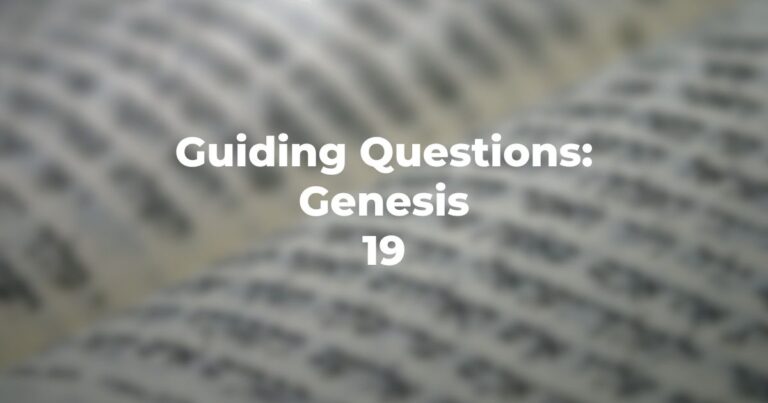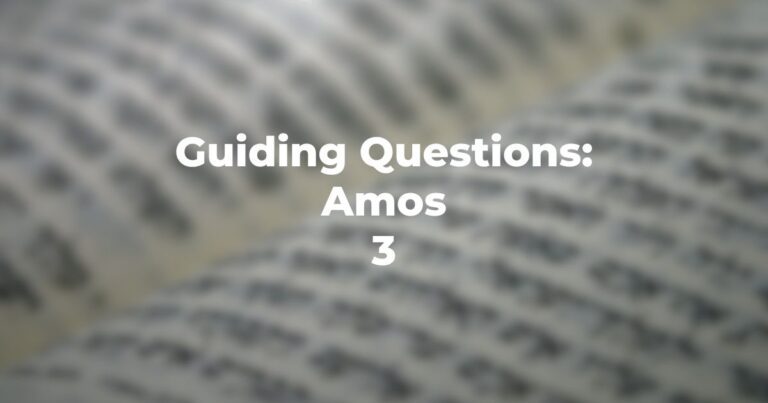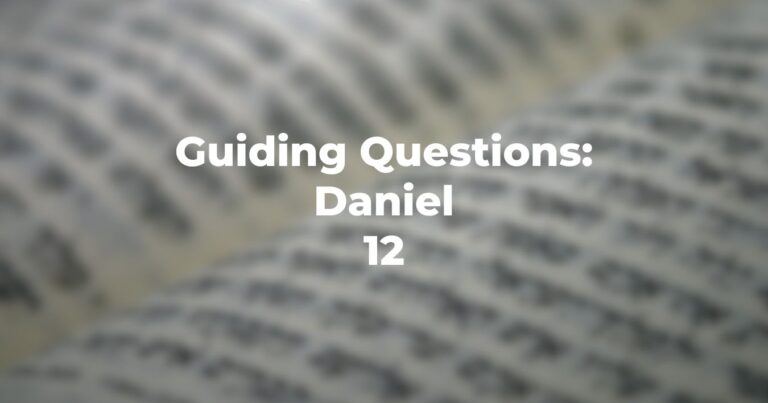- The JPS footnote acknowledges that the meaning of the Hebrew of Proverbs 18:1 is uncertain. How should one interpret the translation as it stands?
- JPS renders lo tov in Proverbs 18:5, “it is not right.” What does this phrase literally mean and is the difference significant?
- Does Proverbs 18:9 suggest that one who is “slack in his work” has a negative impact on himself or on others?
- How is the name of the Lord a tower of strength? (Proverbs 18:10)
- In what circumstances is the advice in Proverbs 18:13 helpful?
- Does the second half of Proverbs 18:14 appear to weaken the effect of the first half?
- Can Proverbs 18:16 be summarized by the expression, “Money talks”? Is the message positive or negative?
- To whom and to what circumstances is Proverbs 18:17 directed?
- Is the activity described in Proverbs 18:18 similar to tossing a coin? If so, is it fair?
- The first half of Proverbs 18:21 is one of the best known proverbs. Why is the second half rarely quoted? What does it mean?
- Proverbs 18:22 is also often quoted. How might many in our time react to it? Is it condescending?
- Compare our JPS translation of Proverbs 18:24 with the old version: “There are friends that one hath to his own hurt; But there is a friend that sticketh closer than a brother.” Which rendering is preferable (disregarding the old English)?
- Comment on the overall structure of Proverbs 18.
Author
-

Exploring Judaism is the digital home for Conservative/Masorti Judaism, embracing the beauty and complexity of Judaism, and our personal search for meaning, learning, and connecting. Our goal is to create content based on three core framing: Meaning-Making (Why?), Practical Living (How?), and Explainers (What?).
View all posts




